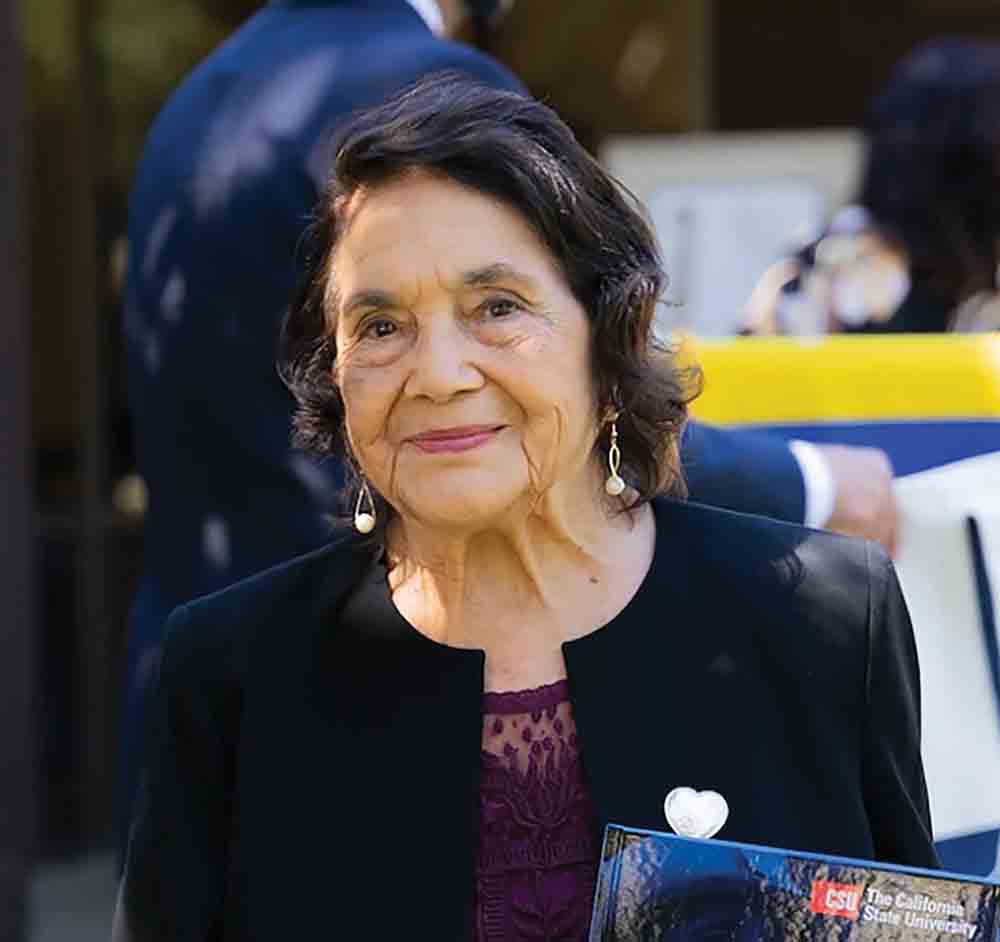
Plaque honoring civil rights icon Dolores Huerta placed on campus
She did not get the same recognition as civil rights leader César Chávez, but fellow activist Dolores Huerta was Chávez’s right hand as he fought for farmworkers’ rights in the 1960s.
In honor of Huerta’s 90th birthday in April of 2020, the CSU Board of Trustees passed a resolution declaring that each of the 23 campuses would honor Huerta with an appropriate plaque, bench or some other permanent gesture.
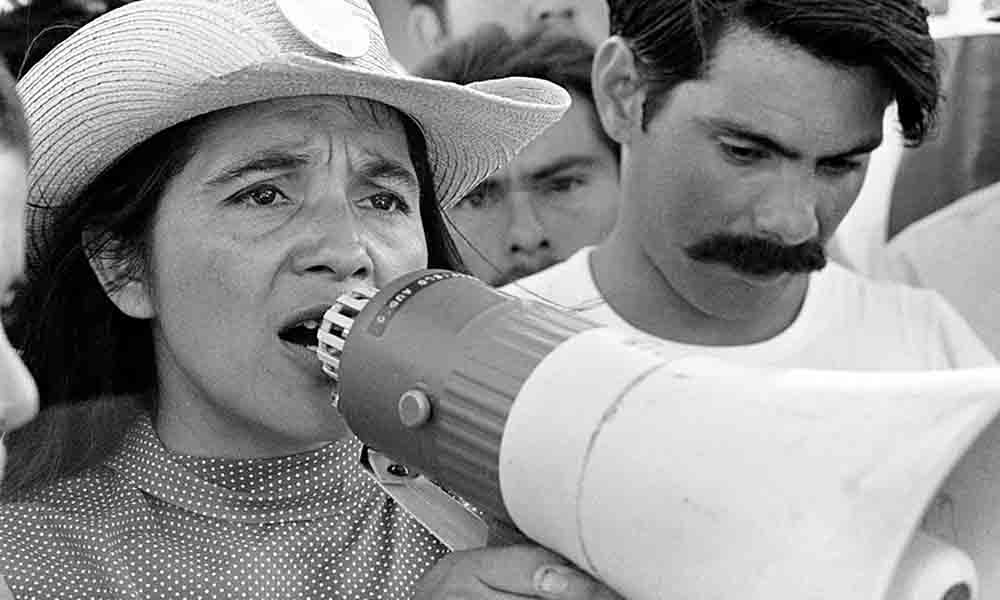
CSUCI campus members dedicated a plaque to Huerta near a well-traveled sidewalk in front of the John Spoor Broome Library. Students were able to see it for the first time when they returned to campus in Fall of 2021.
The plaque reads: “Honoring Dolores Huerta, whose fearless activism has contributed to a more just society rooted in the values of equity, social justice and inclusivity.”
Students write production with guidance from professional playwright
With the help of a professional playwright, the cast and crew of the Performing Arts Fall production researched and wrote their own collection of vignettes about the history of what is now the campus of CSUCI and titled it: “Camarillo Tales: Echoes in the Hills.”
“It’s inspired by the history, the lore of the land, the Chumash, the state hospital, the people and the campus,” said Theater Lecturer Laura Covault. Under the direction of Covault and Performing Arts Lecturer Hugo Carbajal, the students were mentored by award-winning playwright/poet Marisela Treviño Orta.
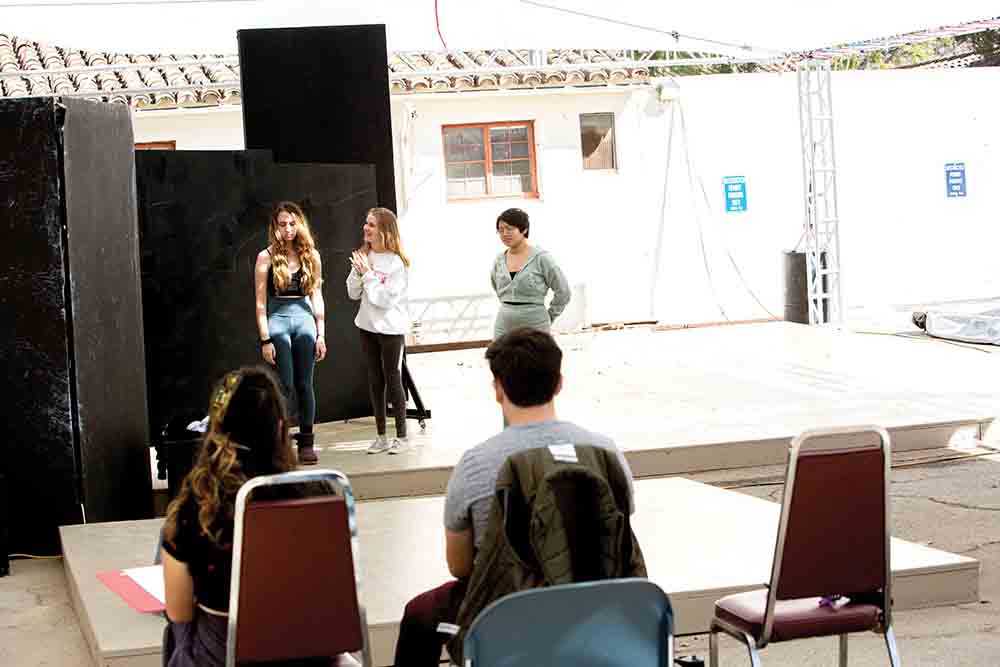
“I would Zoom in for Thursday evening classes and give mini-lectures about dramatic structure and theory,” Orta said. “Then I would give them writing exercises grounded with a theme.”
“Camarillo Tales” ran for six shows from Nov. 4 through Nov. 13 — the first show to be performed on the outdoor stage across from Malibu Hall.
“Mexican Americans with Moxie” explores Chicana/o activism in the 1960s and ’70s
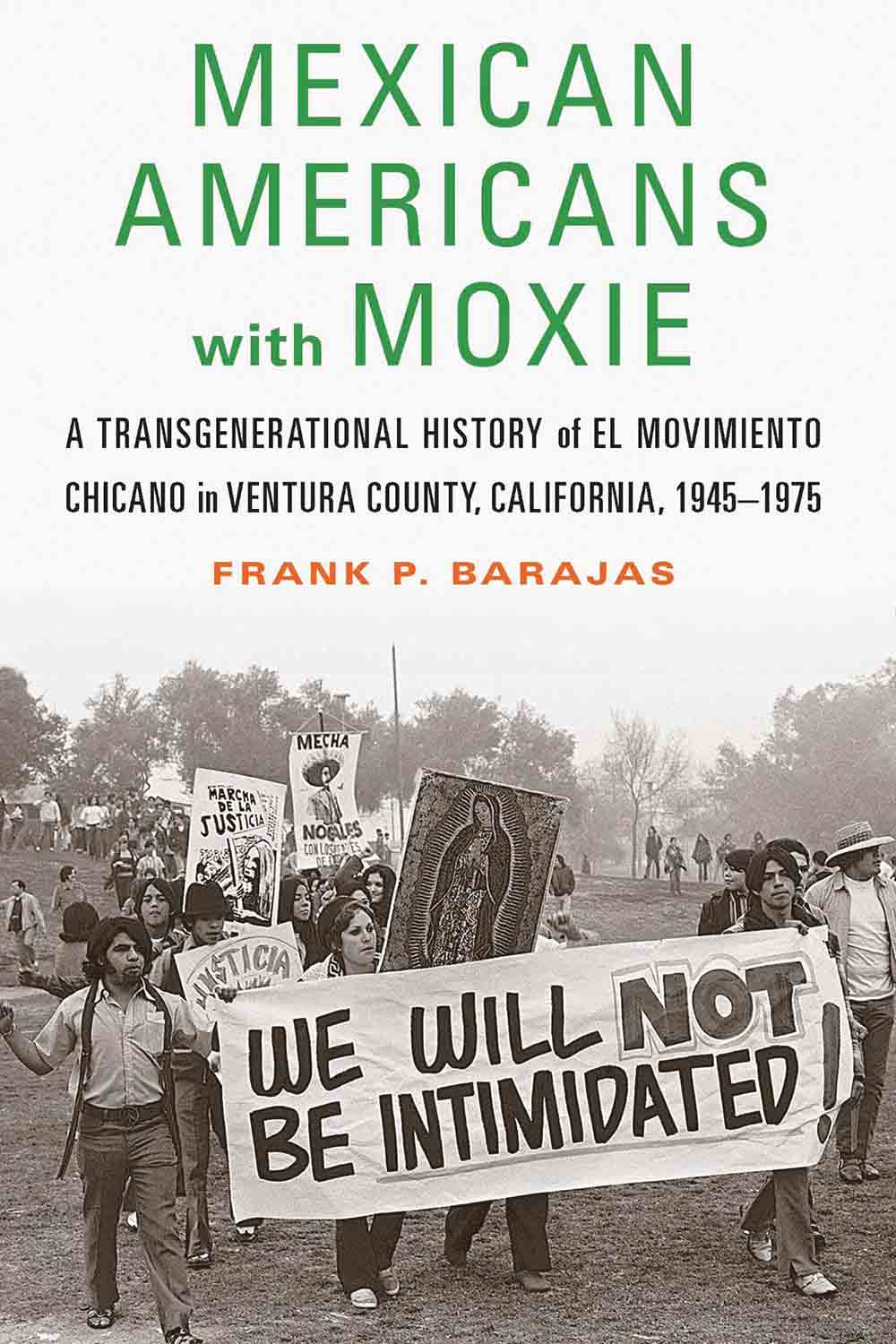
National issues such as the Vietnam War, civil rights, gender and racial equality and other explosive political causes dominated the U.S. in the 1960s and ’70s and Ventura County was as involved as the rest of the nation.
In his new book “Mexican Americans with Moxie,” Professor of History Frank Barajas, Ph.D., explores the unique brand of activism practiced by Chicana/os in Ventura County — especially the citrus communities of Fillmore and Santa Paula.
Published in August by the University of Nebraska Press, the book also looks at the more populated cities in the county, and El Movimiento’s ties to suburbanization, freeway construction and the rise of a high-tech and defense industry corridor.
History professor compares struggles in the U.S. and Africa in “Tears, Fire and Blood”
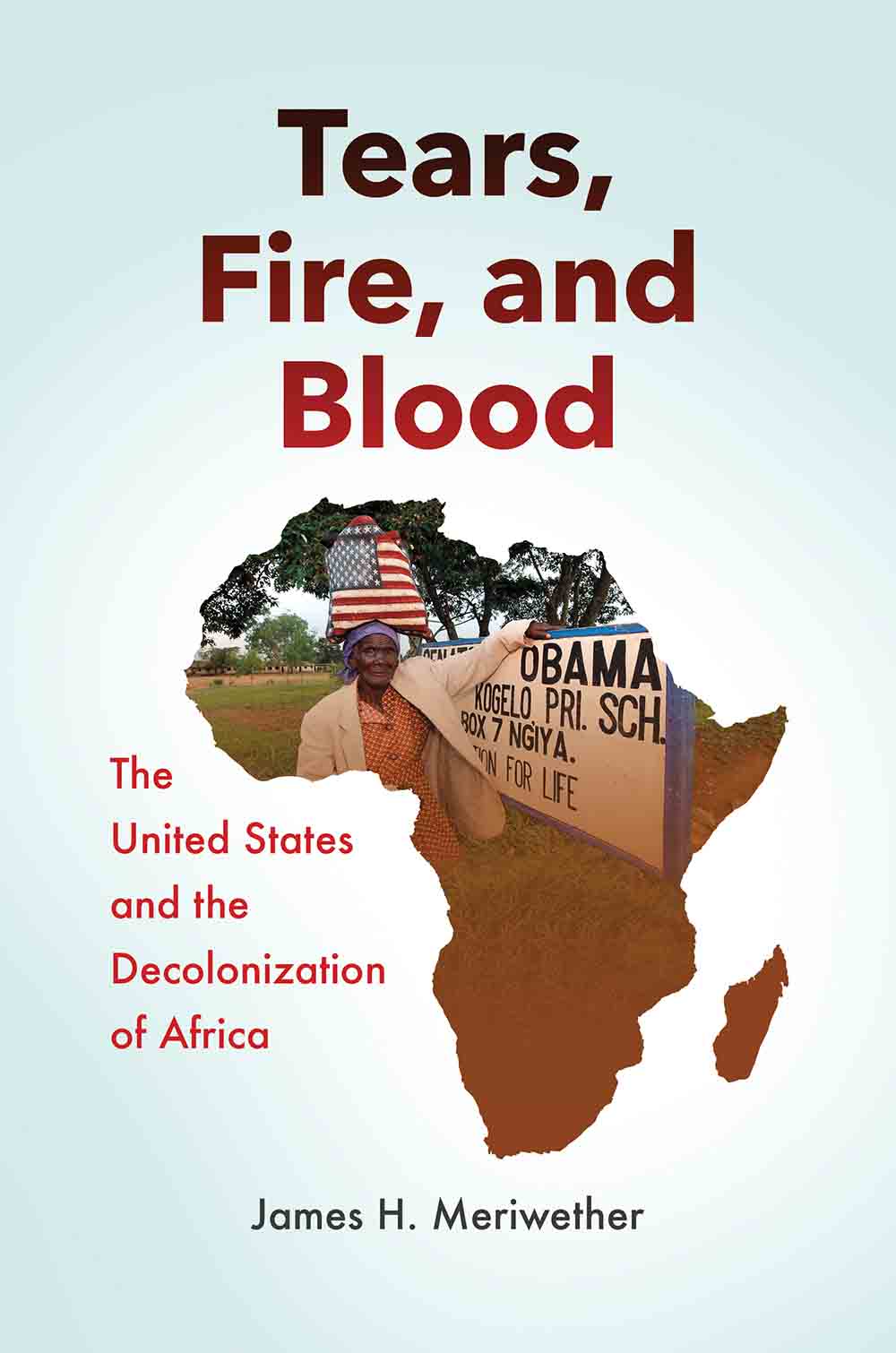
Having lived in three different African countries and served in the Peace Corps in Botswana, Professor of History James Meriwether, Ph.D., has a deep appreciation for this continent of rich and varied cultures.
Published in November by the University of North Carolina Press “Tears, Fire and Blood: The United States and the Decolonization of Africa” explores the relationship between the two continents as 50 African countries declared their independence from colonial rule over roughly 50 years. Meriwether examines how Africa and the U.S shared transnational struggles to racial equality. He also looks at the limits to U.S. government support for majority rule in Africa while others pushed for freedom and equality.
“I think the entire continent is underappreciated and too often off of people’s radars,” Meriwether said. “This book seeks to elevate people’s understanding and awareness.”
Return to the Table of Contents
© Fall 2021 / Volume 26 / Number 2 / Biannual
